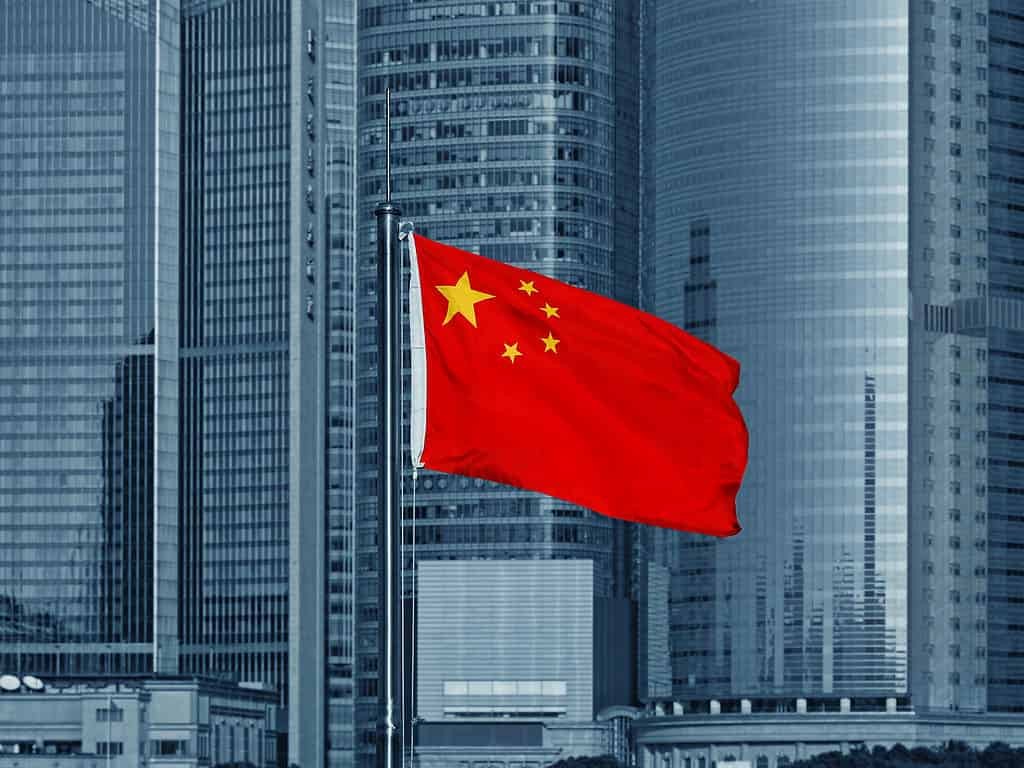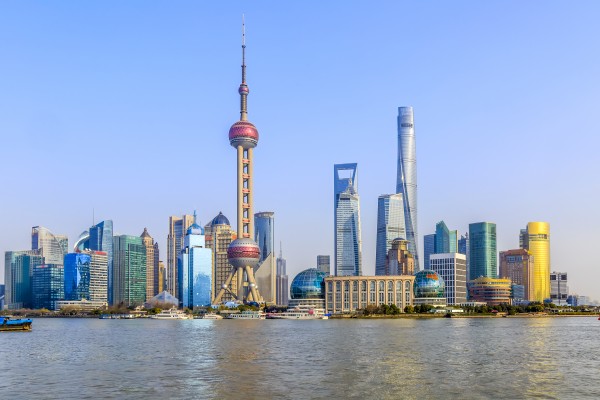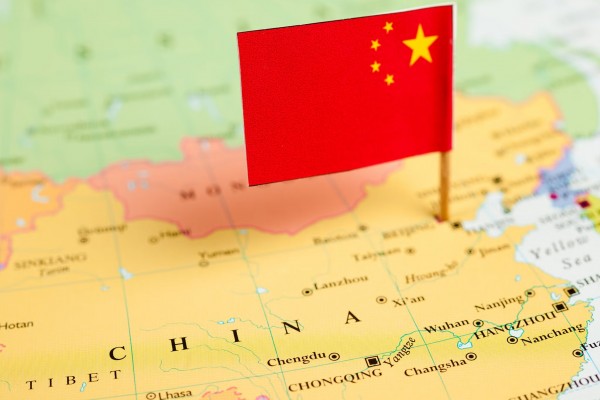Review № 27 of Chinese Antitrust News from the Experts of the BRICS Competition Centre
- Rules for the protection of minors on the Internet have been published
- State data management launched
- Methods for assessing insurance companies bearing systemic risks
- China's richest people ranking published
- China: Strengthen connectivity, liberalization and trade facilitation with Russia
- Shanghai published Guidelines for assessing the antitrust compliance of Internet platforms
- Anti-competitive violations by local authorities
- Regulation of “administrative conversations” when identifying an administrative monopoly
- China accused the US of disrespecting the treaty and fair play
Rules for the protection of minors on the Internet have been published
The regulatory document, consisting of 60 articles in seven chapters, comes into force on January 1st, 2024. The document clarifies the responsibilities of government departments responsible for the Internet and information technology, printing and publishing, public safety, market regulation and other areas for the protection of minors in cyberspace. The document pays special attention to the responsibility of platforms with a significant number of minor users. Thus, they are obliged to take into account the needs of minors at the stage of design and development of the platform and carefully monitor the content, promptly removing or hiding publications of harmful content (violence, gambling, superstitions, suicide, extremism, etc.). It is also required to stop working with providers who do not comply with the rules, and to publish an annual report on the progress made in protecting children and young people.
Experts expect this to have a limited impact on platforms in the short term, but could reduce their user base in the long term. Currently, minors make up only a small proportion of their users, but the new rules will prevent this audience from forming sustainable habits that will persist into adulthood.
Sources: News.cn, Baijiahao, SCMP
State data management launched
The new department will implement the Digital China plan, develop the digital economy and digital society. It is also responsible for creating the data infrastructure, coordinating the integration, sharing, development and application of data sources. At the opening ceremony, Vice Premier of the State Council of China Ding Xuexiang emphasized the role of data in enhancing the country's socio-economic development. It is necessary to find a balance between development and security, and to fully realize the role of data as a key resource and driver of innovation. This will help build a modern economic system and increase national competitiveness.
Sources: China.org.cn, Xinhua
Methods for assessing insurance companies bearing systemic risks
China's central bank and the General Administration of Financial Regulation have published methods for evaluating insurance companies of systemic importance. Methods are necessary to identify the most significant companies for the entire industry: they will be paid special attention because they are associated with changes by such companies significantly increase risks for the financial system as a whole. The corresponding lists will be published every two years. Systemic importance means significant scale, complex organizational structure, diversity of activities, close ties with other financial structures, indispensability and inability to continue operations when faced with serious risks.
Source: STCN
China's richest people ranking published
According to a report prepared by the Hurun Center, five of the top ten richest people in China were the owners/founders of tech giants: Pony Ma (Tencent, 2nd place), Colin Huang (Pinduoduo, 3rd place), Zhang Yiming (Bytedance, 5th place), William Ding (Netease, 6th place) and Jack Ma (Alibaba, 10th place). Back in 2020, Jack Ma took first place - since then his fortune has decreased by $35 billion.
“However, although the number of dollar billionaires from China fell by 51 in one year and by 290 in two years, it is worth noting that China is still the “billionaire capital of the world” (895): this is almost 200 ahead of the United States and almost three times more than in India,” says Rupert Hogewerf, chairman of the Hurun report.
Source: Hurun
Premier of the State Council of the People's Republic of China Li Qiang met with Prime Minister of the Russian Federation Mikhail Mishustin on the sidelines of the 22nd meeting of the Council of Heads of Government of the SCO member states in Bishkek. As Li Qiang said, China intends to maintain active cooperation with Russia in trade and investment, strengthen interconnectedness, as well as trade liberalization and simplification. In addition, China would like to deepen cooperation regarding production and supply chains and expand it in the field of industrial production,“green” development and digital economy.
Source: Xinhua
A notice was also published along with the Guidelines encouraging the creation of antitrust compliance assessment systems for platform companies, as this helps improve the quality of regulation. The guidance establishes a permanent channel for regulators to interact with digital platforms and points out to platforms their responsibilities as economic entities. Depending on the points scored, the platform is assigned to one of seven subcategories: AAA, AA, A, BBB, BB, B and C. Category A companies, if such assessment results are confirmed by the antimonopoly authority, are considered driver of innovation, and the state expects it to actively participate in stimulating employment, innovative development, and increasing China’s competitiveness in the international arena. In relation to companies of categories B and C, an additional inspection is carried out, as a result of which they are ordered to eliminate violations or are given an administrative penalty.
Source: Weixin
Anti-competitive violations by local authorities
Based on the results of a comprehensive inspection of the activities of various government bodies in 16 provinces, regions and cities, the State Council of the People's Republic of China identified five blocks of problems and violations. This includes preventing the formation of a single national market and fair competition, namely: (1) publication or implementation of policies related to local protectionism, market division, and the appointment of a counterparty to transactions; (2) restricting non-local enterprises from participating in competition in a given territory; (3) unreasonable or discriminatory conditions for entry into the market; (4) deliberate creation of obstacles to the conduct of economic activities by individual market entities; (5) introduction of conditions preventing the participation of non-local enterprises in tenders and government procurement, etc. The remaining blocks include:
- creating obstacles to the development of the national economy (illegal fees, differentiated approach, preference for state-owned companies, imposition of intermediary services);
- obstacles to increasing domestic demand;
- negative impact on rural development programs;
- failure to comply with social guarantees.
Source: Weixin
Regulation of “administrative conversations” when identifying an administrative monopoly
If the antimonopoly regulator finds that the authority abuses his administrative powers to the detriment of competition, he has the right to carry out the so-called “administrative conversations” with responsible persons of the suspected body (the Antimonopoly Law of the People's Republic of China does not provide for a fine for administrative monopoly). During the administrative conversation, the regulator describes the alleged violation, hears explanations and demands that the violation be eliminated, and also makes recommendations to eliminate the impact on competition and monitors the progress of their implementation. The new document clarifies the rules for holding such meetings regarding, in particular, their participants, content, applicable procedures, timing and notification requirements, etc.
Source: SAMR
China accused the US of disrespecting the treaty and fair play
In response to Arkansas' demand from Chinese company Syngenta to sell its farmland in the state, Chinese Ambassador to the United States Xie Feng said the US should stop politicizing economic issues and diluting the concept of security. The statement was made at the China-US Forum on Sustainable Agricultural Trade. “Just imagine how the administration and people of the United States would feel if such discrimination and unfair treatment occurred against an American company investing elsewhere, which risked being kicked out at any time, contrary to the treaty? Where is the basic respect for the spirit of the contract, market rules and fair play?” Xie Feng asked.
Source: Xinhua




